Of course, in Cyprus, you can find many standard alcoholic and non-alcoholic drinks: cocktails, strong tinctures, beer, smoothies, juice, and soda. However, some of these beverages hold a special place in the history and culture of the island, creating its unique national character—and these, of course, must be tasted first!
Alcoholic Beverages of Cyprus
We could categorize them into low-alcohol and strong spirits, but let’s do something more interesting instead. Let’s dive into a brief but comprehensive description of each drink along with its historical significance. Notably, the prices for alcoholic beverages in Cyprus start at quite moderate rates!
1.1. Wine and Sherry
Wine has long been cultivated in Cyprus. The climate is most suitable: sunny, sufficiently dry, with a cool winter. The local grapes produce and continue to yield abundant harvests, and to this day, winemaking on the Island of Aphrodite is one of the main national occupations and almost the principal export direction.
Wineries in Cyprus can roughly be divided into two types: large industrial (the largest are KEO and SODAP factories) and small private ones, some of which are almost home-based, as they are family businesses.
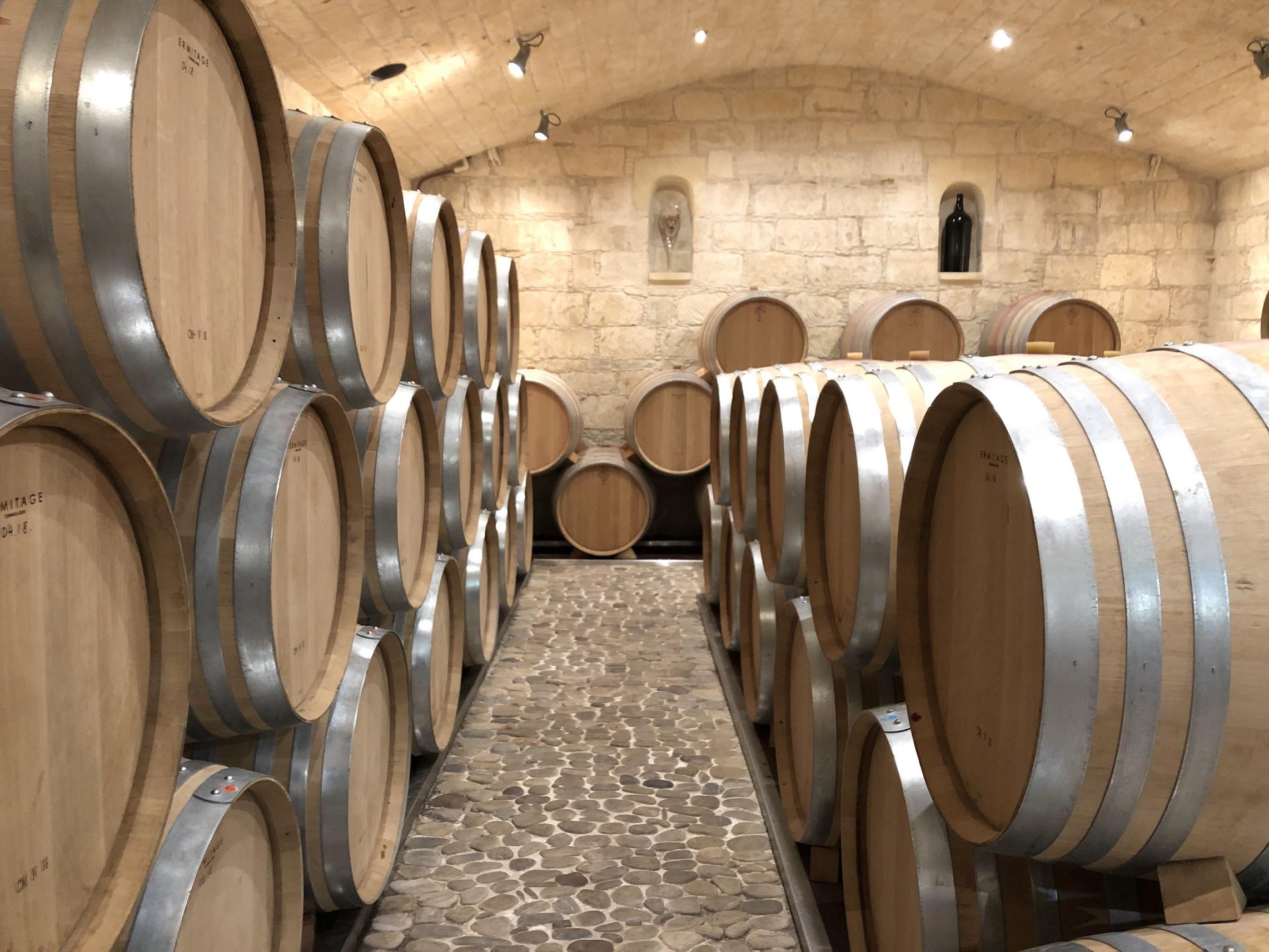
At the factories of brands producing Cypriot alcoholic beverages, you can take a tour and tasting, but experts still recommend paying attention to private wineries. There, guests are also taken through all the premises and even through the vineyards, and they explain how the wine is made. You won’t find a wide assortment of wines at a private enterprise, but you will be able to visit a museum and soak up the special atmosphere.
Cyprus grows both local varieties—Maratheftiko, Mavro, and Xynisteri—and imported ones (Sauvignon, Muscat, Shiraz, etc.). Of course, it is recommended to try wines made from local varieties.
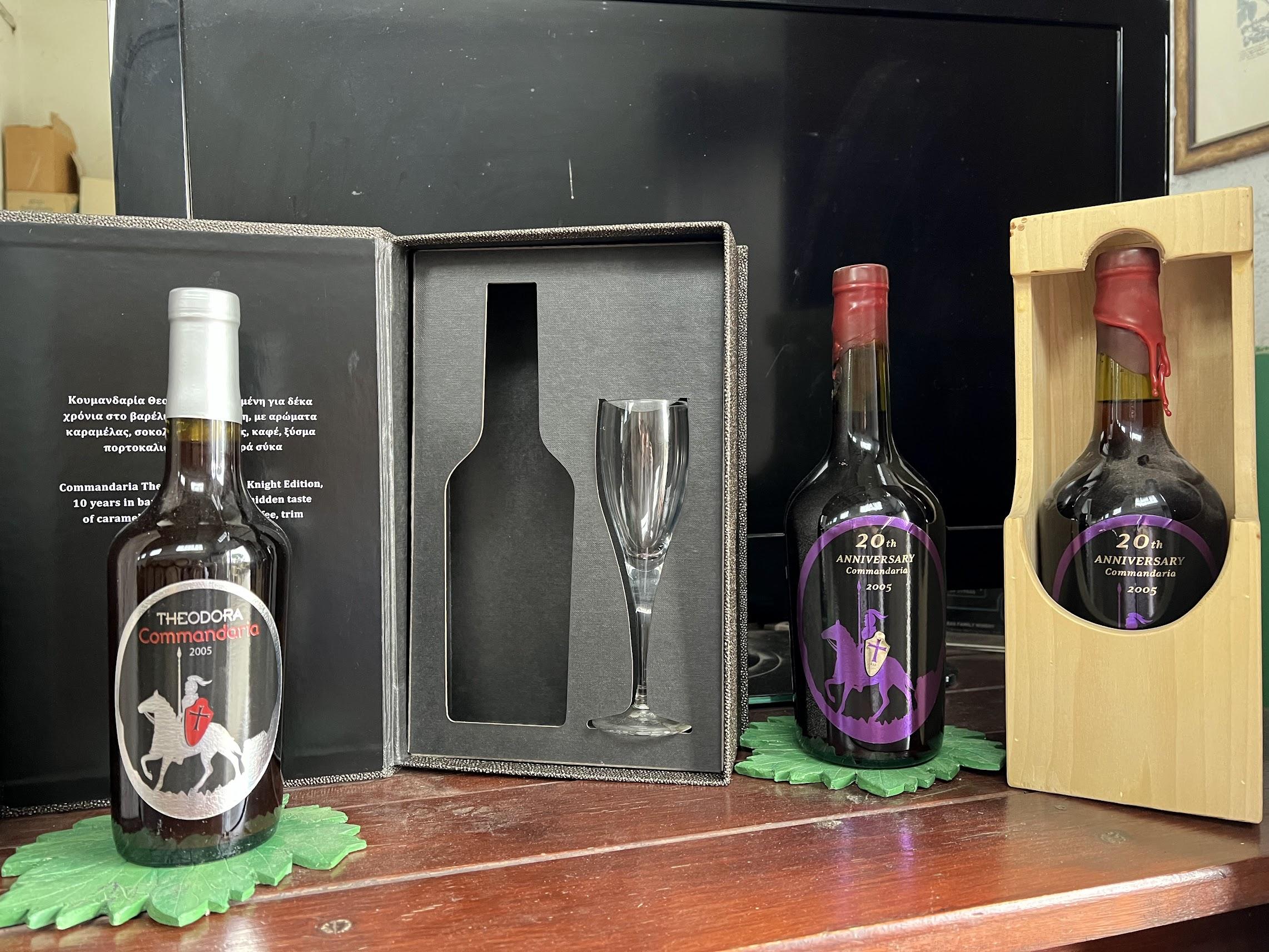
Let’s briefly describe each of them:
Commandaria — a thick red sweet wine produced from white (Xynisteri) and black (Mavro) grape varieties. Its secret to richness and intensity lies in using sun-dried grapes. This way, they gain additional sweetness and some tartness. Commandaria is almost like a visiting card of Cypriot winemaking, so it’s a must-try!
Xynisteri — a light white table wine produced from the grape variety of the same name. It has a delicate taste and a light fruity aroma, perfectly complementing cheeses and seafood. Some even dilute it with water or ice to drink with meals.
Maratheftiko — a red wine from the same-named grape variety, is quite rich and "full" in taste. It pairs ideally with fatty meat dishes.
Bellapais — named after the ancient abbey in northern Cyprus. It is a white semi-sweet sparkling wine with a delicate and very pleasant taste. The bubbles are not pronounced, and its strength is low, so a couple of glasses usually don’t lead to intoxication.
Sherry — a fortified wine that became quite popular in Cyprus (and not only) in the Middle Ages. Back then, there was brisk trade even with remote parts of the continent, and something needed to be invented to preserve wine during its export. Sherry was made a bit differently then, but the current drink is still valued in Cyprus. The most popular is called "Filo."
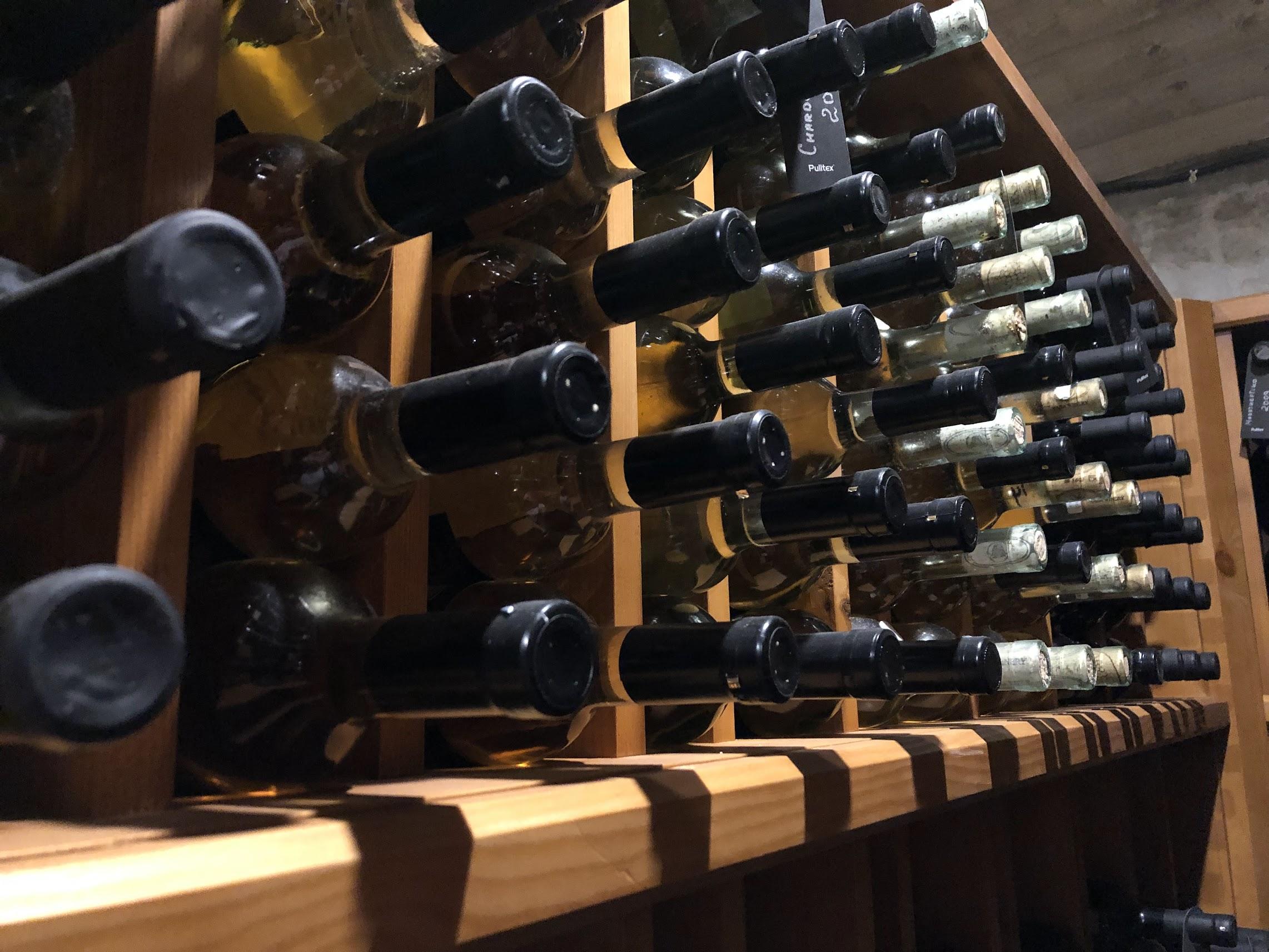
1.2. Zivania
Zivania can jokingly be called half vodka, half wine. This drink is made from grapes, more precisely from grape pomace and wine. It is used as mash, from which moonshine is then distilled. The result is a strong (up to 90 degrees!) "vodka" with a pleasant aroma. Of course, store-bought Cypriot zivania will be just 40-60 degrees, and the real strength can only be found from local moonshiners. It’s worth mentioning that zivania is one of the best and most popular drinks in Cyprus!
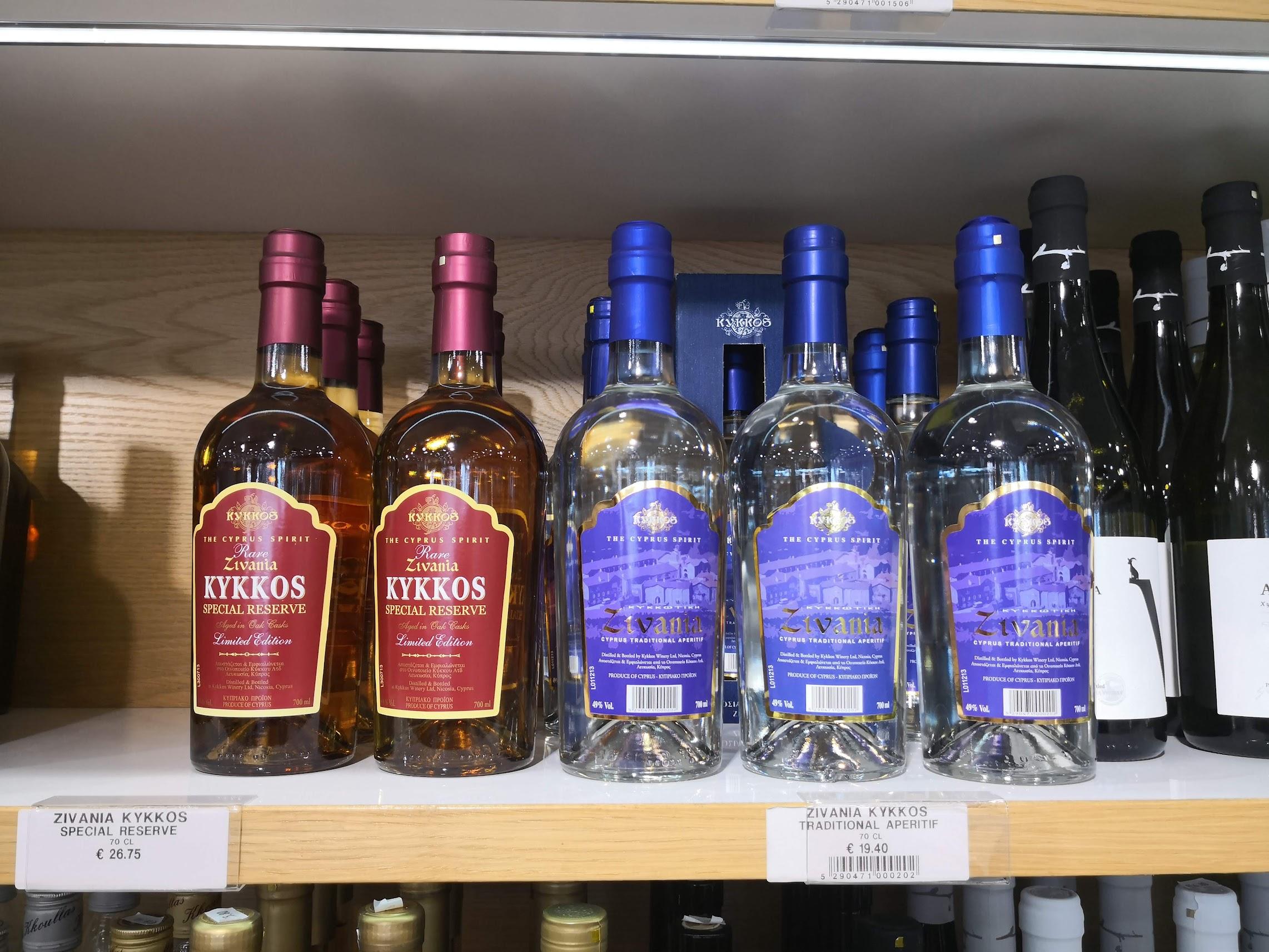
1.3. Ouzo
If speaking rather bluntly, ouzo is anise-flavored vodka. However, during its production, other aromatic herbs and seeds such as coriander, cloves, cardamom, fennel, etc., are often added. Due to this, as well as its dryness, ouzo is more akin to gin than to an anise-infused vodka tincture. It can be consumed like gin, diluted with water/ice, and even used to make cocktails. In Cyprus, there's a drink called "ouzini," which includes, besides the alcoholic component, orange juice, ice, and a slice of lemon.

1.4. Brandy
Cypriot brandy is not very strong but has a noticeable sweetness in taste and especially in the aftertaste. It can be drunk on its own, but in Cyprus, a cocktail based on local brandy is popular. It is called Brandy Sour, and besides the alcohol, it contains:
- Lemon squash (sweet soda with lemon juice);
- Local Angostura bitters;
- Lemonade;
- Ice.
This makes for a tasty and interesting drink, but one can get tipsy quite quickly from it.
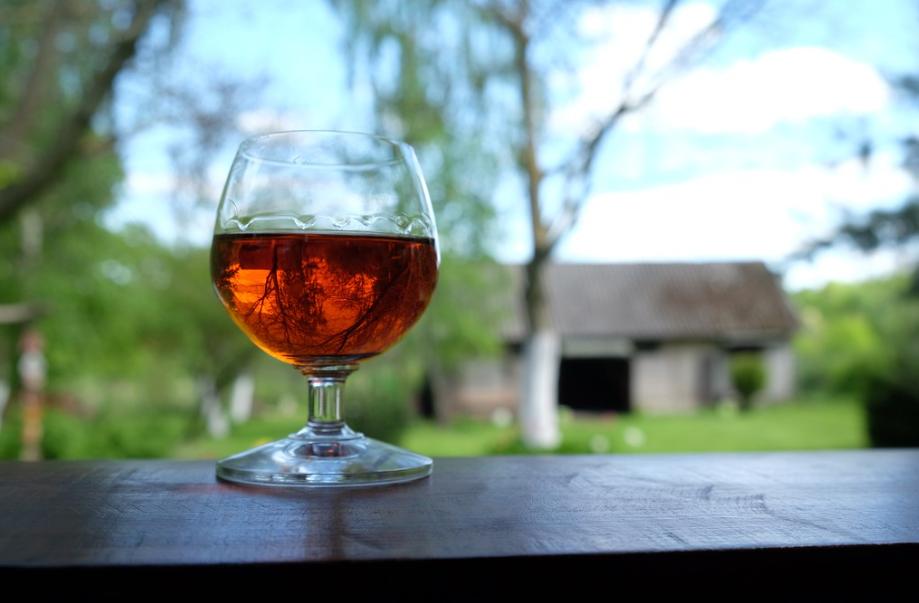
1.5. Beer
It wouldn’t be accurate to say that there is a beer cult in Cyprus, but KEO, for instance, produces its own malt beverage. The taste of ordinary beer in Cyprus is not different from Russian or any other "non-popular" beer (not German or Belgian). However, the island has a few private breweries that specialize in certain types of beer. Their products are worth trying if you are a beer fan.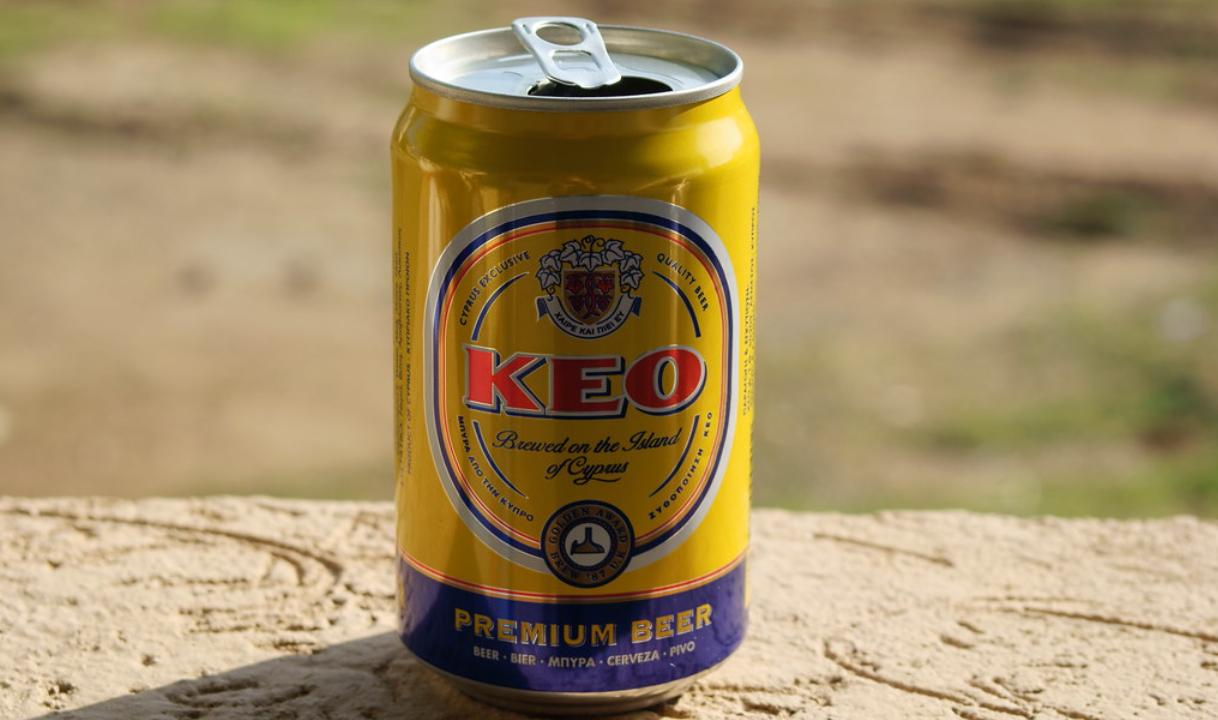
1.6. Liqueurs
Cyprus produces quite aromatic and tasty liqueurs, which are drunk both on their own and more often as part of cocktails and other drinks. They are even added to baked goods!
The most delicious and popular liqueurs on the island are the citrus ones, especially orange. They are quite sweet, but this does not spoil the taste and in no way overshadows the unique aroma. Start exploring local liqueurs with brands like Filfar and Mr. Brewer, which are sold almost everywhere.
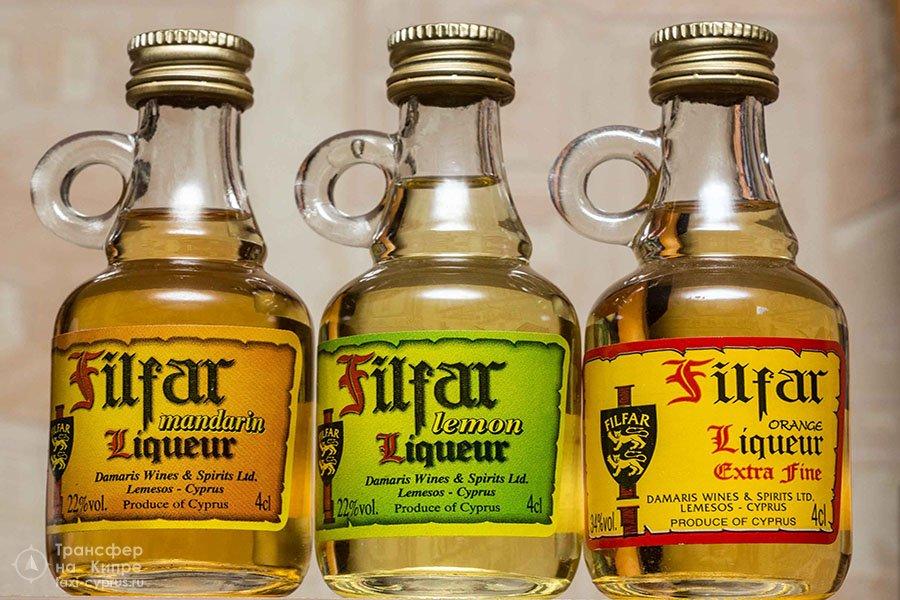
1.7. Retsina
If even newbie tourists know about Zivania and “Commandaria,” not everyone remembers Retsina right away. And they should! It is a quite specific Cypriot alcoholic drink made from white wine with the addition of resin. The resin used during the fermentation process gives Retsina a certain bitterness, a unique aroma, and tartness. The flavor might seem specific, but it's definitely worth trying and experiencing the surprise!
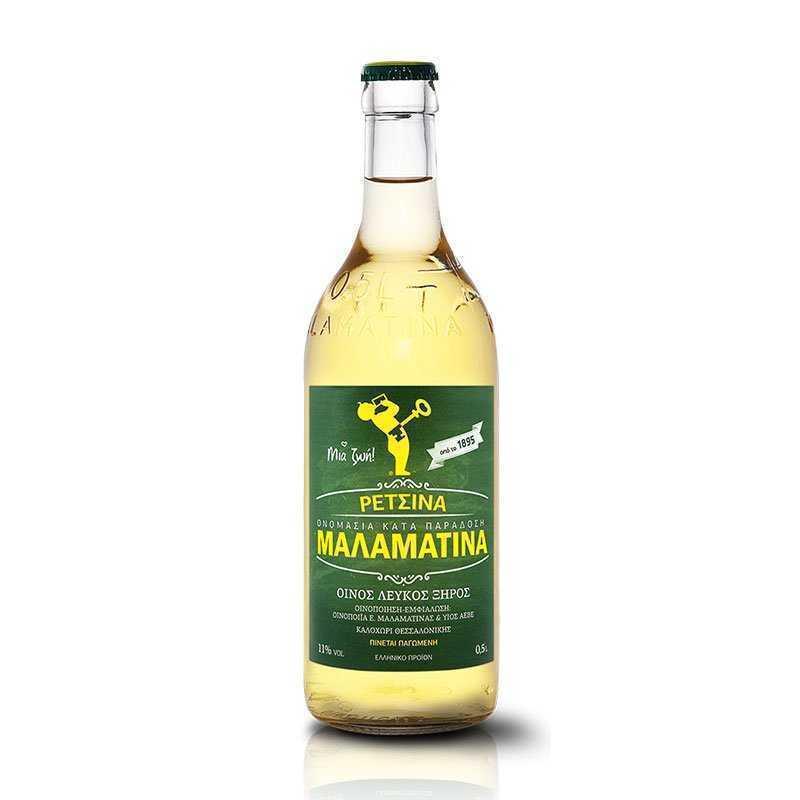
2. Non-Alcoholic Drinks
Non-alcoholic drinks in Cyprus are given no less homage, which is unsurprising as they are what save you from thirst during the hot times. And the heat on the island, of course, lasts very long.
2.1. Coffee and Frappe
Coffee in Cyprus is literally a cult: all adults drink it frequently and daily. The tradition dates back to the times when people would drink an invigorating aromatic beverage closer to the end of siesta. Today, the two most popular methods of preparation on the island are Cypriot coffee and frappe.
There is nothing special about making Cypriot coffee. It is brewed in a cezve on fire, less often—in sand. The drink turns out very strong, so many drink it with a glass of water or even sweeten it. Cypriots less frequently add milk or cream.
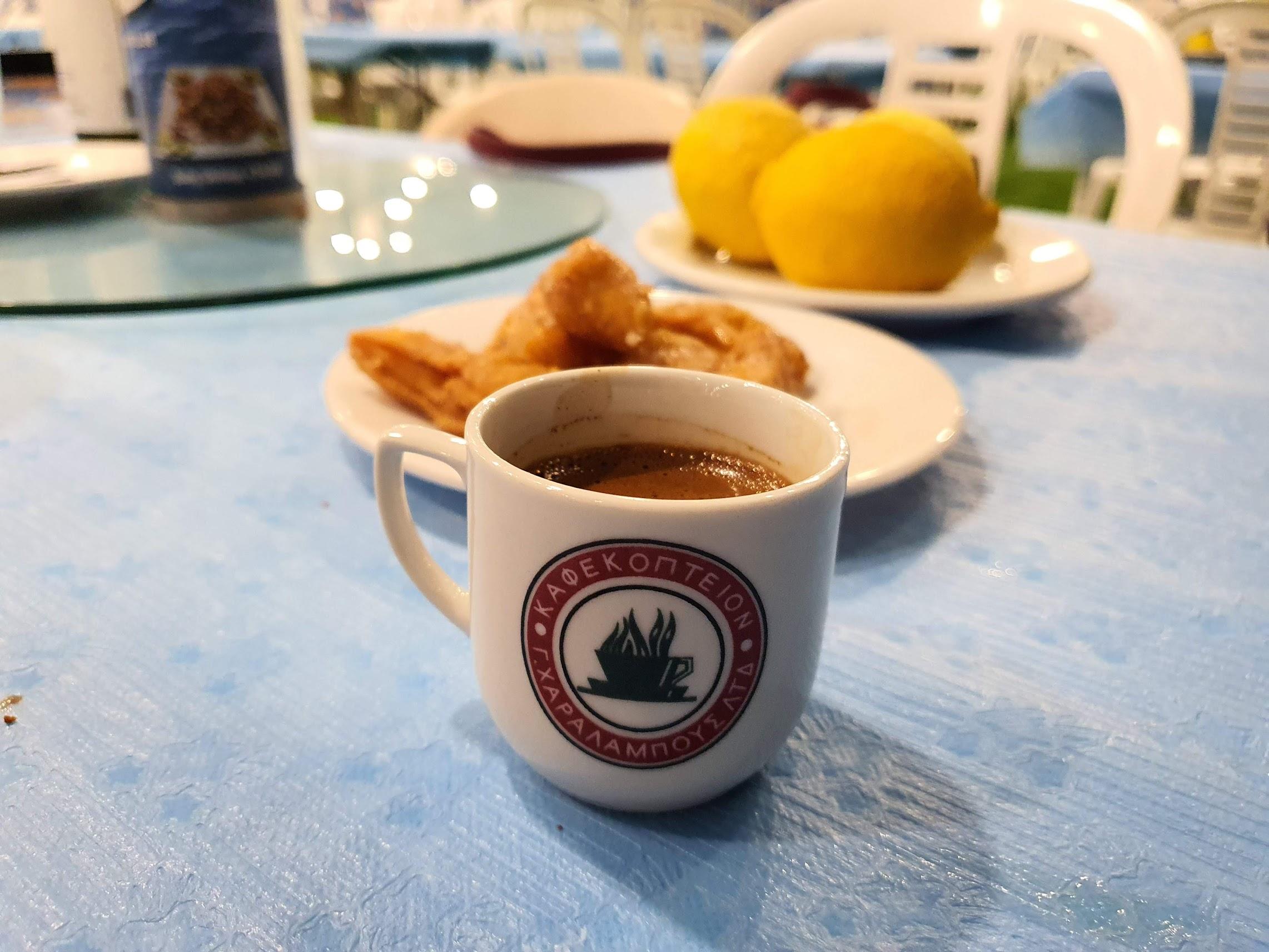
Frappe — under this name, different countries and regions understand different drinks. Some even call a smoothie a frappe! However, in Cyprus, frappe is a well-established name for coffee mixed with crushed ice and icy milk. You can add sugar or syrup and whip it up. The funniest thing is that Cypriot frappe is mostly made… from instant coffee!
2.2. A Special Kind of Smoothie
In Cyprus, a smoothie means a drink made from fruits/berries/vegetables ground in a blender with the addition of water, soda, or milk. It's a kind of dessert that, in the severe heat when appetite is low, replaces a full snack. Interestingly, a smoothie can be mixed according to your own recipe: you just need to specify which fruits you want in your drink.
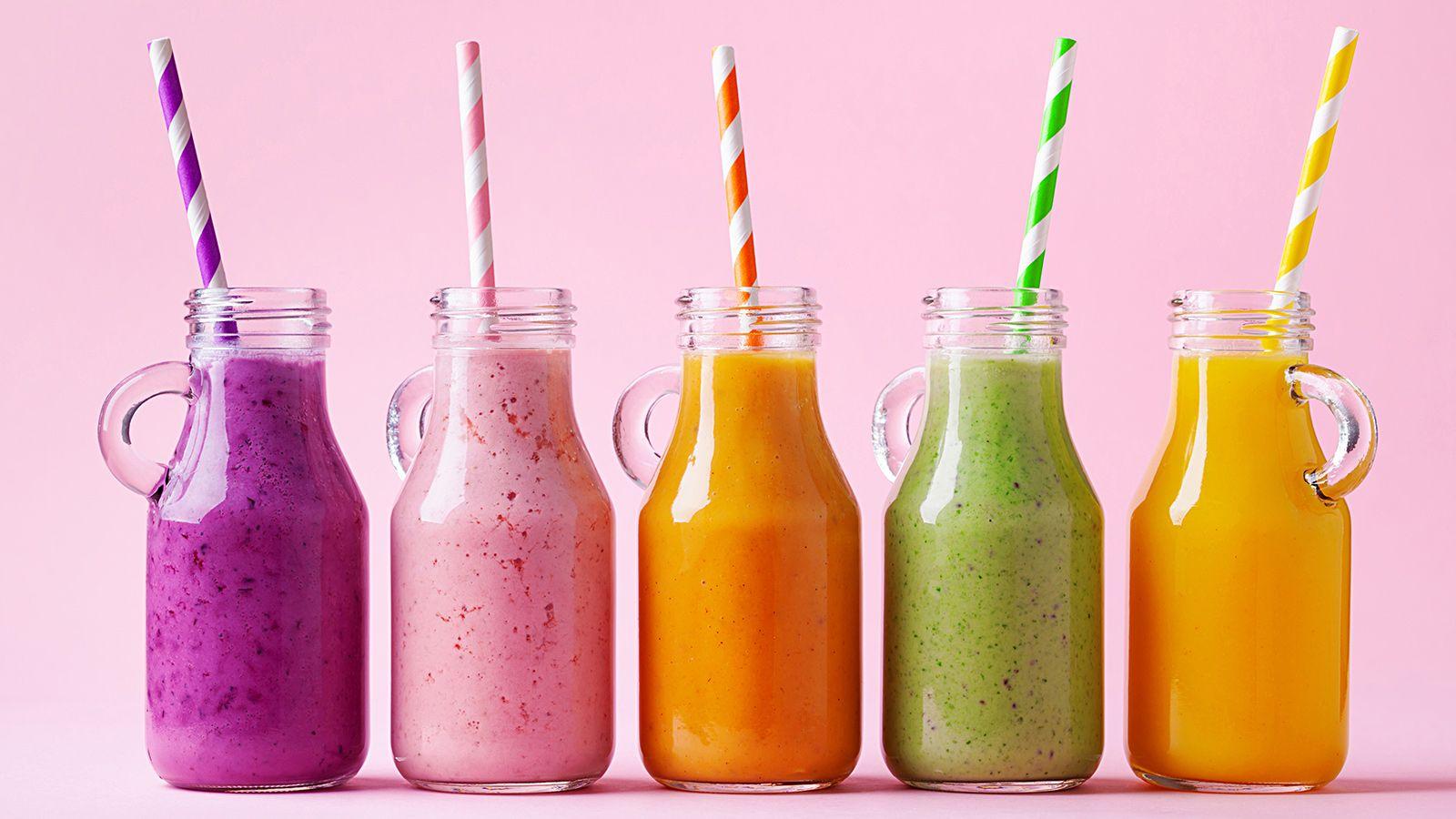
2.3. Chino
A type of smoothie, but entirely liquid: instead of fruits, juice or syrup diluted with water is used. It is served based on ice and drunk through a straw to avoid toothache from the cold.
2.4. Sumada and Syrup Drinks
In Cyprus, syrups are generally beloved, and they are often used to make some unusual drinks. The simplest method is to mix syrup with carbonated water and add ice, and that's the whole refreshing drink. Special attention should be given to rose syrup and almond syrup. Rose syrup can act as an addition or be a standalone component. Then it literally becomes "rose water," and many Cypriots truly adore it.
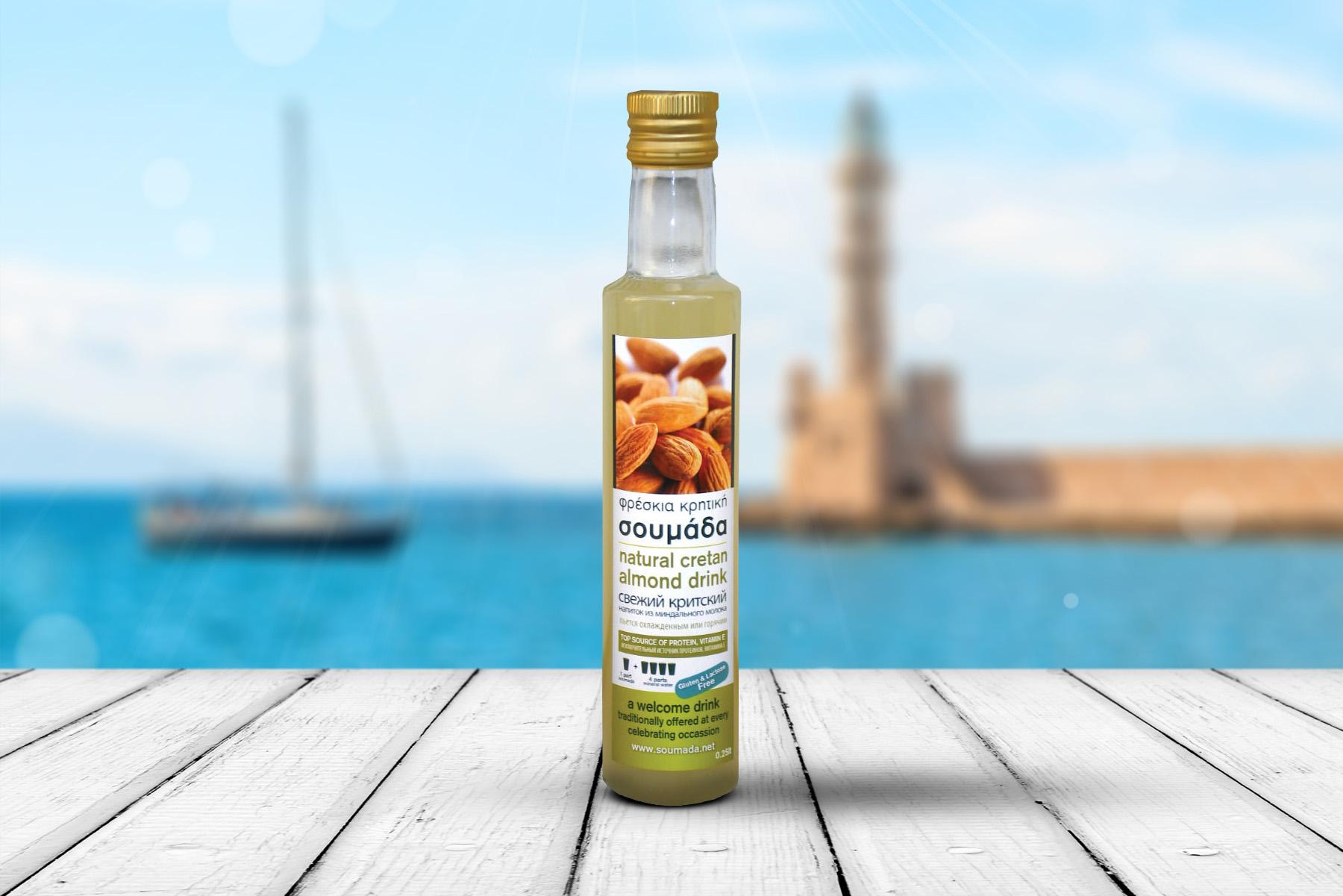
Almond syrup is called "sumada," and it is also used to refer to the resulting drink. It has a slightly bitter and unusual taste—but, once accustomed to it, one can appreciate its charm.
2.5. Herbal Teas
In the mountains of Cyprus, many aromatic herbs are grown. It is only logical that these can and should be used to make herbal teas! Overall, this drink is versatile: in winter, you can add honey and ginger and drink it hot; in summer—add more ice, a slice of citrus, and drink it chilled.
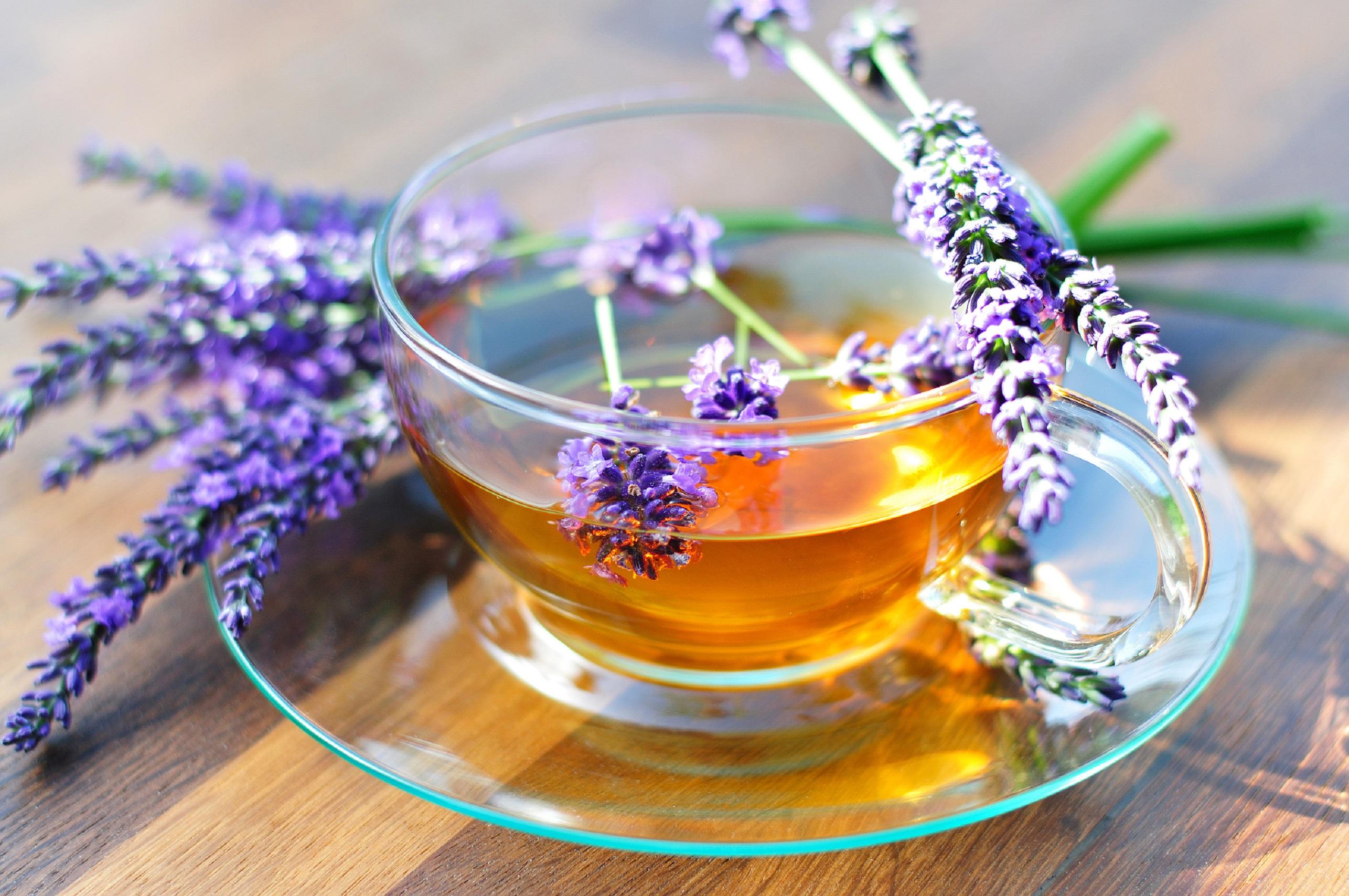
2.6. Carob Cocoa
The carob tree grows in Cyprus, producing fruits in the form of small pods; these are dried and ground into a light brown powder, which tastes similar to cocoa. Its main difference from its "cousin" is a natural sweetness without any bitterness. This is why carob cocoa (and chocolate and other products made from carob) is an excellent alternative for people with diabetes and those who do not consume regular sugar for other reasons.
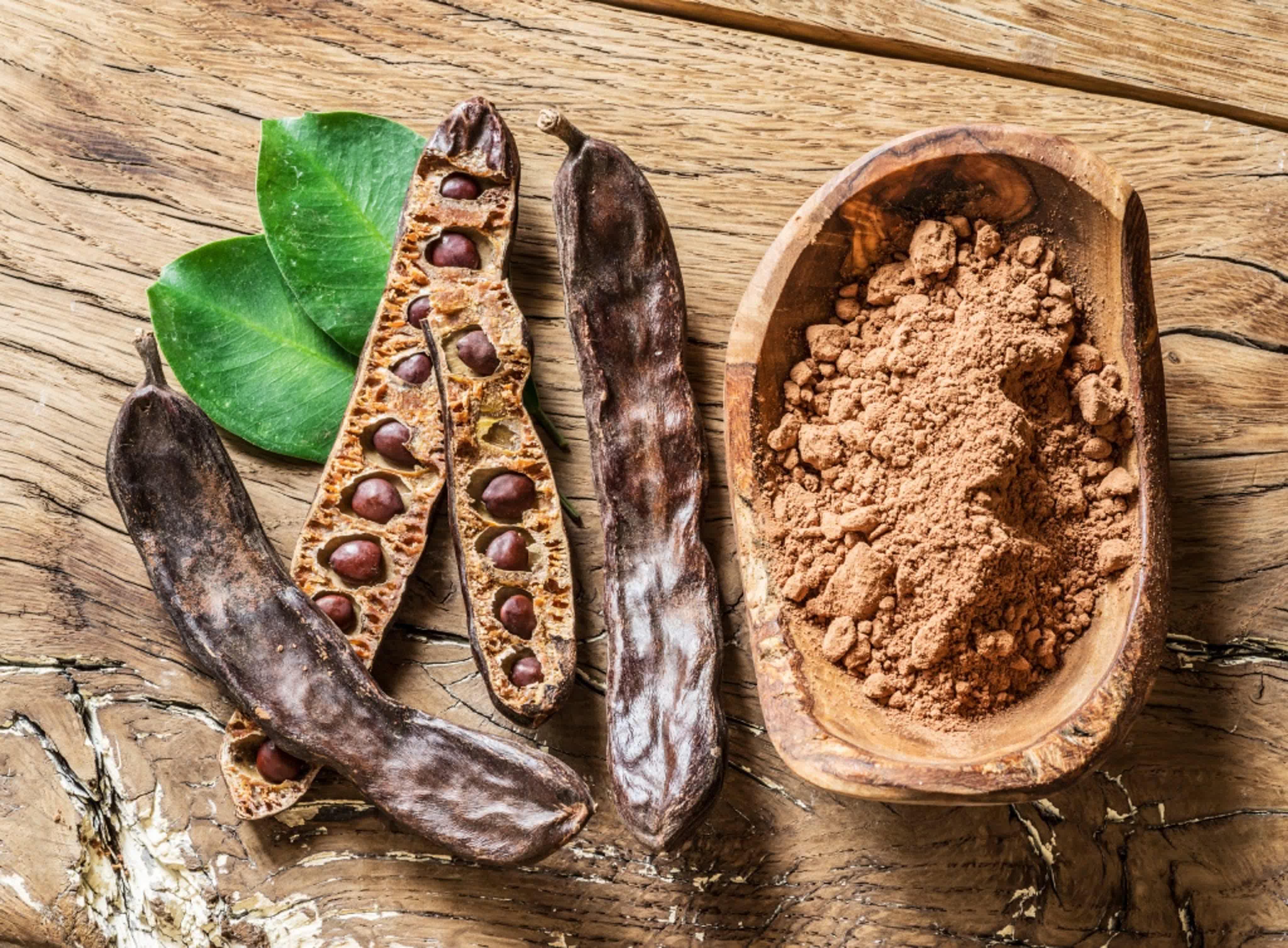
3. Drinking Water in Cyprus
A separate note about water. It is not advisable to drink tap water in Cypriot cities: it is not fresh but desalinated, therefore unfit for consumption. In villages, the situation may not be better—Cyprus has long had a lot of copper in its bowels, and "copper water" is poisonous. Thus, it is customary in Cyprus to buy and drink bottled water, which can be found in supermarkets or special vending machines.
Tip: It's cheaper to buy water "by the crate" or reuse plastic containers.

Read also:
- Top 5 most budget-friendly places to eat in Larnaca
- What documents are required to sell a property in Cyprus?
- Cyprus food odyssey: a culinary journey through the Island of Aphrodite
- MILLO: the characters on my murals represent the messages I want to convey to people
- Fruits in Cyprus: variety in seasons and tastes

